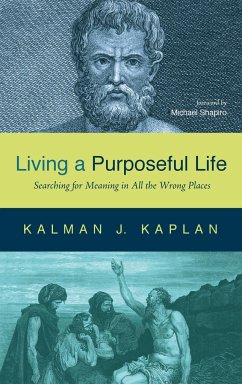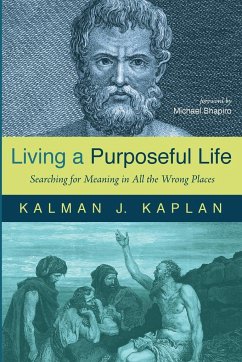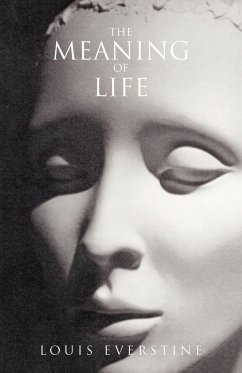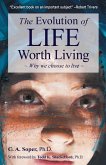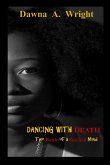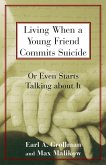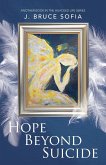While meaning and purpose are often seen as synonymous, this book argues that they sometimes are in opposition, the search for meaning at times suicidal, and living with purpose life-enhancing and invigorating. No people seemed to search for meaning in their lives more than did the ancient and classical Greeks. They were not content with living simple lives but oftentimes took on gargantuan tasks which resulted in a great deal of upheaval and unpleasantness in their everyday lives, and oftentimes to disaster, indeed suicide. The biblical human being, in contrast, is not driven to search for meaning in this way. One's purpose is inherent in daily life. He does not need to search for it. The God of the Hebrew Bible makes the human being, man and woman, in His own image. He then breathes life into man. Life has an inherent purpose. Man must be a steward of God's creation.

